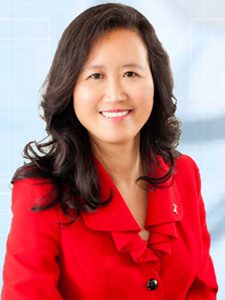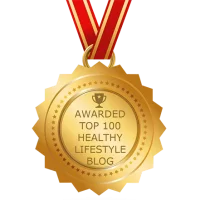How to Prevent a Stroke
According to the World Health Organization, more than 5 million people die of stroke worldwide each year. This is a scary statistic, especially considering that many of the risk factors that could lead to stroke include unhealthy lifestyle choices. There are many warning signs of stroke, and it is important to recognize these signs, so you can seek treatment immediately. It is also important to recognize the risk factors for stroke so that you can avoid this damaging and potentially deadly condition.
A stroke is when the arteries that carry blood to the brain become blocked or burst. This causes damage to specific parts of the brain, which could result in a loss of motor skills and sensation in parts of the body, or even death. Many people who survive strokes lose the ability to speak, walk, and see. It is extremely important to treat stroke immediately, as the longer the brain is deprived of blood flow, the more damage it will incur.
Warning Signs of Stroke
There are several signs of stroke to look out for. If you or someone you know exhibits any of these signs, it is important to get to a hospital or clinic as soon as possible for treatment and testing. The following are the major warning signs of stroke:
- A loss of feeling in the face, arms, or legs. This could also manifest as a sudden weakness in these areas.
- Slurred or incoherent speech, drooling, or trouble comprehending simple instructions.
- Difficulty with motor skills, sudden dizziness, or a loss of equilibrium.
- Vision problems in one eye or both eyes
- An intense and sudden headache with no logical cause.
Some people may also suffer from a transient ischemic attack (TIA), which is like a small stroke that lasts for a short period, but does not permanently damage the brain. Although there is no brain damage from a TIA, this is a major warning sign of a potential full-blown stroke.
Causes of Stroke
A stroke can be brought on by many factors. The most common cause of stroke is high blood pressure and high cholesterol. These conditions are often the result of an unhealthy diet and lack of exercise. Other risk factors for stroke include obesity, poor circulation, atrial fibrillation (irregular heart beat), diabetes, age, smoking, excessive alcohol consumption, and recreational drug use.
Stroke Treatment and Prevention
If you or someone you know suffers a stroke, it is extremely important to seek medical treatment immediately. Upon arrival at the hospital or clinic, the doctor will measure blood pressure, heart rate, obtain an electrocardiogram, and draw blood tests for blood count, electrolytes, bleeding parameters, cholesterol, and blood sugar levels. There are other more specialized blood test for diagnosis of more specific diagnosis. They may take an arteriography, which involves injecting dye into the arteries and taking an x-ray to see of there are blockages in the arteries to the brain. The doctor may also run an MRI, CT scan, or an ultrasound.
Once a patient is diagnosed with stroke, the doctor may give the patient a tissue plasminogen activator (tPA) to break up blood clots, antiplatelet medications including heparin or aspirin, or an anticoagulant to thin the blood.
There are a few ways to prevent strokes from happening in the first place. These include eating a healthy diet of fresh produce, lean meats, whole grains, and dairy, and avoiding processed foods that are high in salt, trans-fats, and sugar. In addition, it is important to get plenty of physical activity, reduce stress, drink moderate amounts of alcohol, and stop smoking.
If you have high blood pressure, high cholesterol, or any other risk factors that could lead to a stroke, you should seek advice from a medical professional who can advise you on how to implement and maintain a healthy lifestyle.




